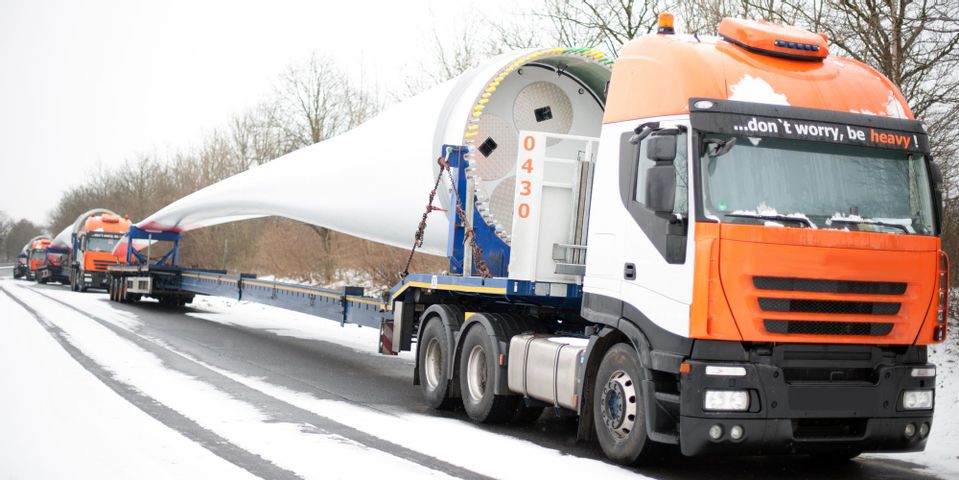
Trucking is a skilled trade that’s vital to businesses and the economy. Drivers should be given the right tools to do their job to the best of their ability, including having the correct truck equipment and ongoing training. Flatbed trucks are an essential part of many fleets, and they are often used for oversized or abnormal loads. Here are five critical tips for flatbed trucking.
5 Things to Know About Flatbed Trucking
1. Know Your Truck Equipment
Acquiring flatbed trucks is a big financial decision, and you’ll need to make the right choice. If capacity is your priority, then standard flatbeds or step-decks should work. However, you might need specialized trucks, such as Removable Goose Necks (RGNs), or extendable trailers for tall or cumbersome loads. You’ll also need the necessary truck accessories like corner protectors, coil racks, and pipe stacks.
2. Be Informed About Your Load
Try to get as much information as possible from clients about what you will be hauling, such as the cargo type, weight, dimensions, and whether it is new or used. Different types of cargo need to be secured with various accessories, such as chains or ratchet straps. Some loads might need to be covered with tarps, which come in many different sizes. Knowing details of the load will also ensure you get the right insurance and permits.
3. Re-Secure Safely
Whenever loads have to be re-secured, make sure it’s done in a safe location. Drivers should avoid re-securing at the side of the road if possible, as parking lots or rest stops are much safer places to secure cargo. If they have to secure at the side of a road, they should always wear high-visibility clothing to reduce the risk of accidents.
4. Load and Unload Properly
 Loading and unloading the right way will save time and ensure the safety of all personnel and cargo. Whenever possible, the process should be done on a completely flat surface. There should be no unnecessary objects around the truck that might cause somebody to trip. Make sure your truck is suited to the unloading point, as specific loading docks may not be the correct height for step-deck trucks.
Loading and unloading the right way will save time and ensure the safety of all personnel and cargo. Whenever possible, the process should be done on a completely flat surface. There should be no unnecessary objects around the truck that might cause somebody to trip. Make sure your truck is suited to the unloading point, as specific loading docks may not be the correct height for step-deck trucks.
5. Stay Alert
Warnings about the dangers of driving while tired are standard, but tasks like loading and unloading are just as risky if those doing them are not fully alert. Performing repetitive tasks can reduce alertness, so drivers should take a break if they feel they are not concentrating fully. Dangerous or complicated jobs should be prioritized for times when they feel most alert, such as an hour or two after waking.
If you need truck equipment and accessories, Kranz Body Co. in St. Louis, MO, has a vast inventory to choose from. In operation since 1863, they also offer truck repair and preventative maintenance, and their dedicated staff puts a focus on customer service. To learn more about their services, call (314) 776-3787 or visit their website.
About the Business
(12 reviews)
Have a question? Ask the experts!
Send your question

